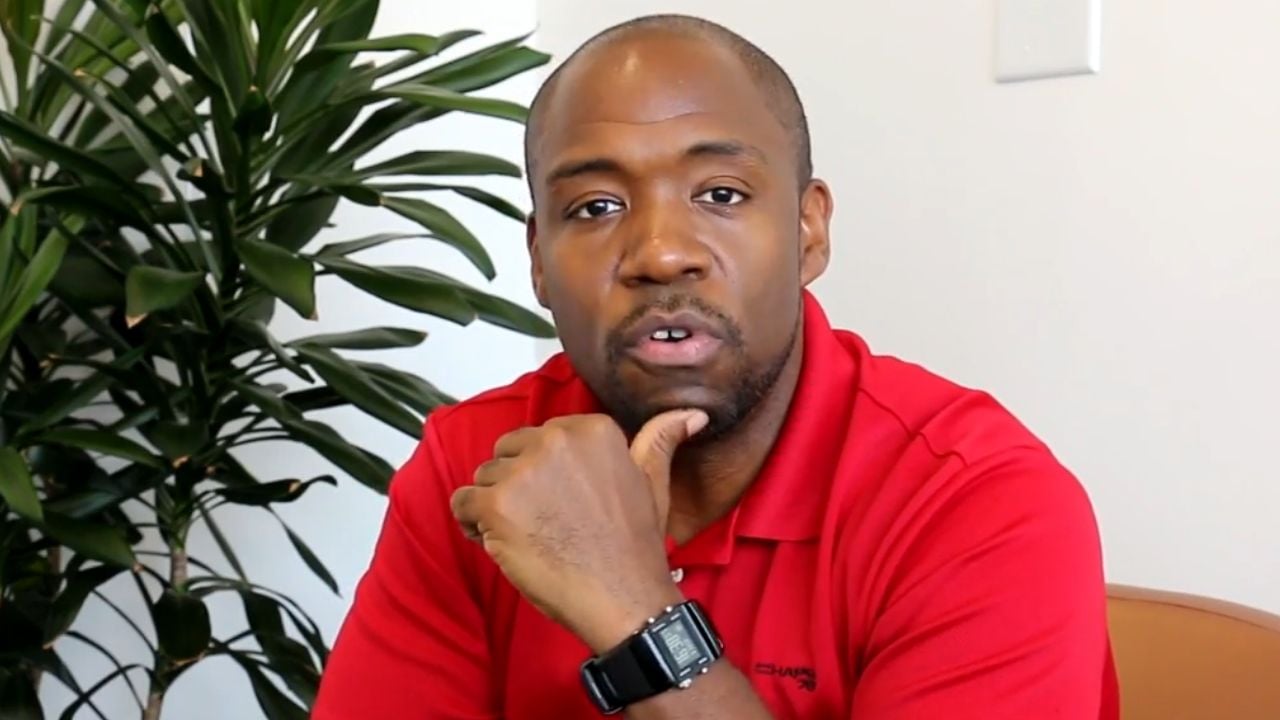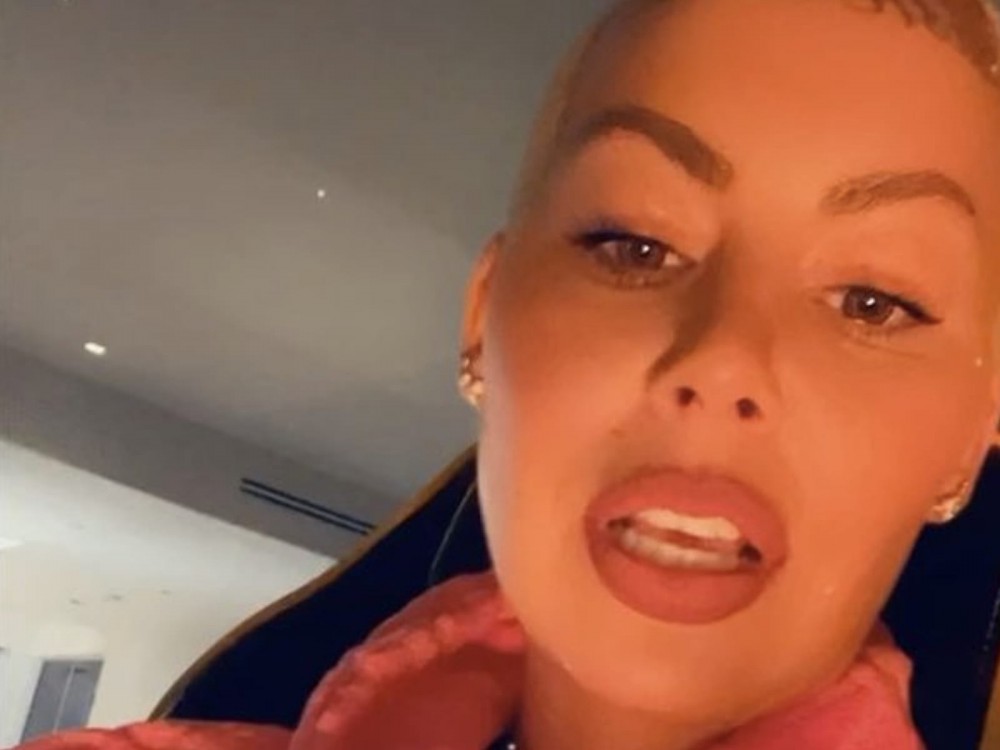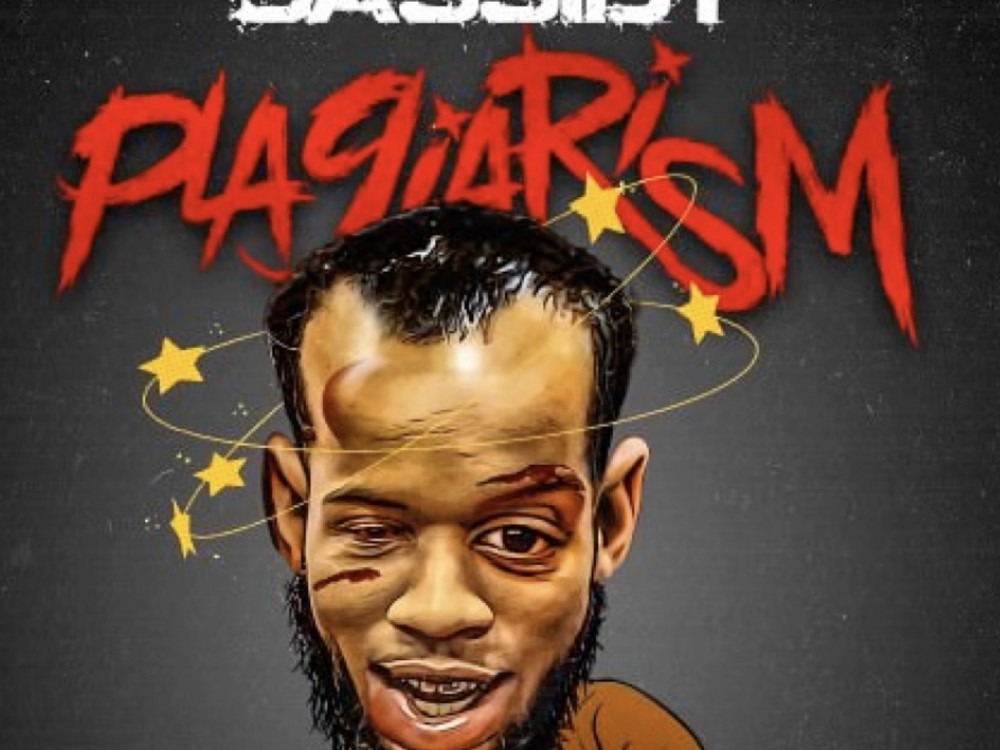SOHH had a chance to interview Dr. Thomas Easley, the Inaugural Assistant Dean of Community and Inclusion at Yale University School of Forestry and Environmental Science. Dr. Easley is also the founder and senior facilitator at Heart for Diversity, LLC.
199 Views
Comments Off on SOHH Exclusive: Dr. Thomas Easley Discusses Black Culture, Social Injustice & Education
Meet Dr. Easley
Dr. Thomas Easley is the Inaugural Assistant Dean of Community and Inclusion at Yale University School of Forestry and Environmental Science. Known as one of the modern Black intellectuals in the country today, Dr. Easley is a diversity professional known for recruiting, retaining, and fostering diverse talent in the natural resource disciplines.
His contributions have provided more pathways for BIPOC communities to pursue careers and opportunities in forestry and environmental sciences.
As a forester, he has collaborated with landowners and citizens to create and maintain land management and stewardship. In addition, Dr. Easley recently published his book Mind/Heart For Diversity on developing diversity, equity, and inclusion.
While his background includes forestry and genetics, he has also integrated hip-hop music to help mentor and provide support to students and organizations. SOHH linked up with Dr. Easley to chat about his perspectives on Black culture, Civil Rights, and education for Black America.
Dr. Easley On Black Culture & Leadership
SOHH: Which part of Black Culture has taken the biggest hit since the 1970s?
Dr. Thomas Easley: “One of the main things we lost in the ‘70s was our independence. I feel like our independence is gone because we have to abide by the rules of these companies. The more integrated we were with white systems after the Civil Rights era, we had to compromise in order to be a part of that system.”
SOHH: What responsibility do you think Black musicians, particularly rappers have when commenting on social injustice?
DTE: “Black musicians all have different reasons why they get involved. I want to acknowledge the Black artists who understand that because they are famous artists—that they do have an opinion that people would listen to when it comes to social injustice. I think Black rappers who have any indication or any modicum of social injustice in their music should make sure the rest of their platform doesn’t tarnish whatever influence they could have with social injustice.”
SOHH: Do you feel that a lack of leadership has hindered the Black community since Martin Luther King’s assassination?
DTE: “It’s always been a lack of leadership since slavery because once you start working to get integrated in the system, you have to change the things that you’re doing in order to fit inside of an economic or political system that wasn’t made for you. It’s been the struggle of leadership since before Dr. King’s assassination when Dr. King was a leader, and after Dr. King’s assassination. “
Perspectives On Black Education
SOHH: One of the most controversial topics in America is the teaching of Critical Race Theory. How would you respond to those against it like Florida’s Stop WOKE Act, and what do you feel should be taught in the class?
DTE: “I think those who are against CRT more than likely are ignorant. They resist it because they know things about the privileges that people have been able to benefit from and they don’t want to talk about it. Race is at the helm of a lot of decisions being made and economic structures, banking structures, and academic structures, were designed by people and for people who are not white.”
SOHH: Do you think that disconnection with education has led to many wrongdoings in the Black Community?
DTE: “There has always been a disconnection with education if you understand the Rockefellers, the DuPont’s, and how they invested in this educational system that we’re in. I think that those of us need to go back and learn a lot of the history of how these structures were created and then they would understand how these structures were built with fault from the beginning.”



